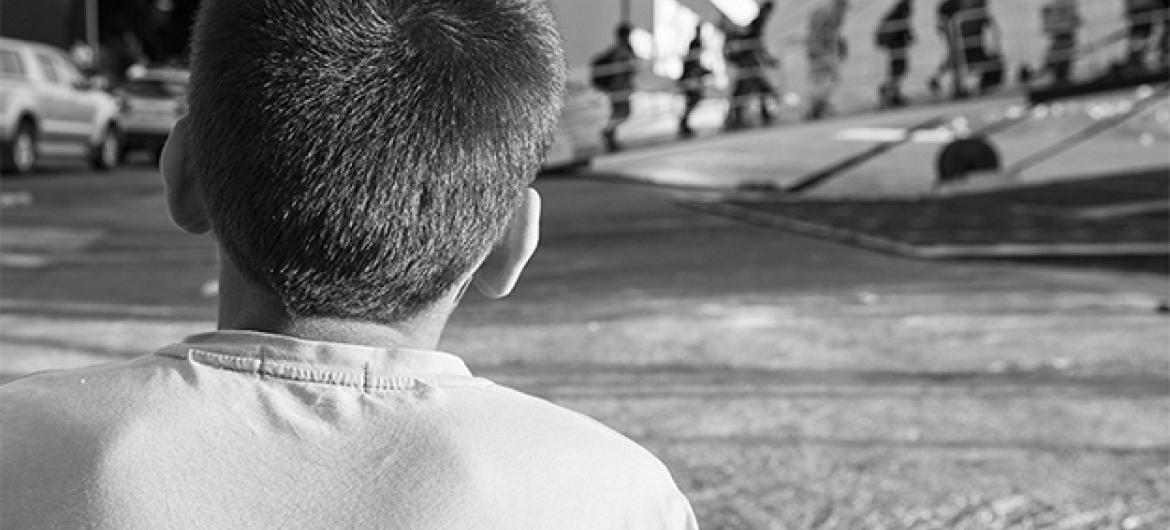July 30th is World Day Against Trafficking in Persons and on Monday, the UN human rights expert on the issue has emphasized that both victims and potential victims’ rights must be upheld, with a special focus on women and children, and appealed for all States to prevent and combat the global scourge.
Many of those who fall in the trap of traffickers are migrants, including refugees and asylum seekers who have fled their country of origin for various reasons such as conflict, natural disaster, persecution or extreme poverty.
The Italian President of the Republic, Sergio Mattarella, spoke on the issue: “Slavery represented one of the greatest shames of humanity,” he said. “Today, on World Day Against Trafficking in Persons, we are required to reiterate the condemnation and battle of the international community against all forms of slavery, old and new.”

He reminded the public of the outrageous numbers behind the phenomena, stating: “The International Labor Organization denounces that there are about 40 million victims; of these, almost 25 million are forced into forced labor and 15 million are forced into forms of marriage. Impressive numbers that have pushed the United Nations to adopt the goal of eliminating human trafficking by 2030.”
He defined these inhuman acts as the degenerations of our society, sores to be firmly eradicated that question our consciences and call us to a moral reaction, to an adequate response with a greater cultural and civil commitment.
“Easy land for these new forms of slavery is the migratory phenomenon,” continued Mr. Mattarella. “Every day, thousands of people put their lives at risk and that of their loved ones by sea and on land, in desperate conditions.”
He concluded by reminding the public that no country is immune from this systematic violation of human dignity that challenges the responsibility of the international community in its entirety, avoiding the temptation to look elsewhere. Only cooperation can defeat this phenomenon, with a European Union aware of its values and responsibilities.
The UN has expressed similar opinions and concerns on the matter: “They [migrants] have left behind their social protection network, and are particularly vulnerable to trafficking and exploitation,” said Maria Grazia Giammarinaro, Special Rapporteur on trafficking in persons, in a statement marking the Day.
Ms. Giammarinaro observed that in the current “poisonous anti-migration political atmosphere,” migrants are often targeted as a threat, while in fact they are a net-gain for host countries where they live and work. Against that backdrop, the UN expert stressed that anti-trafficking discourse is often misused “to justify restrictive migration policies and push-back activities.”
“Taking a stand against xenophobic and racist approaches, as well as violence, hatred and discrimination, is a moral duty which is in everyone’s power,” she underscored. Calling it “a gross human rights violation,” Ms. Giammarinaro argued that States have an obligation to prevent trafficking.
“On World Day Against Trafficking in Persons, my message is that, even in difficult times, inclusion, not exclusion, is the answer,” she concluded.












